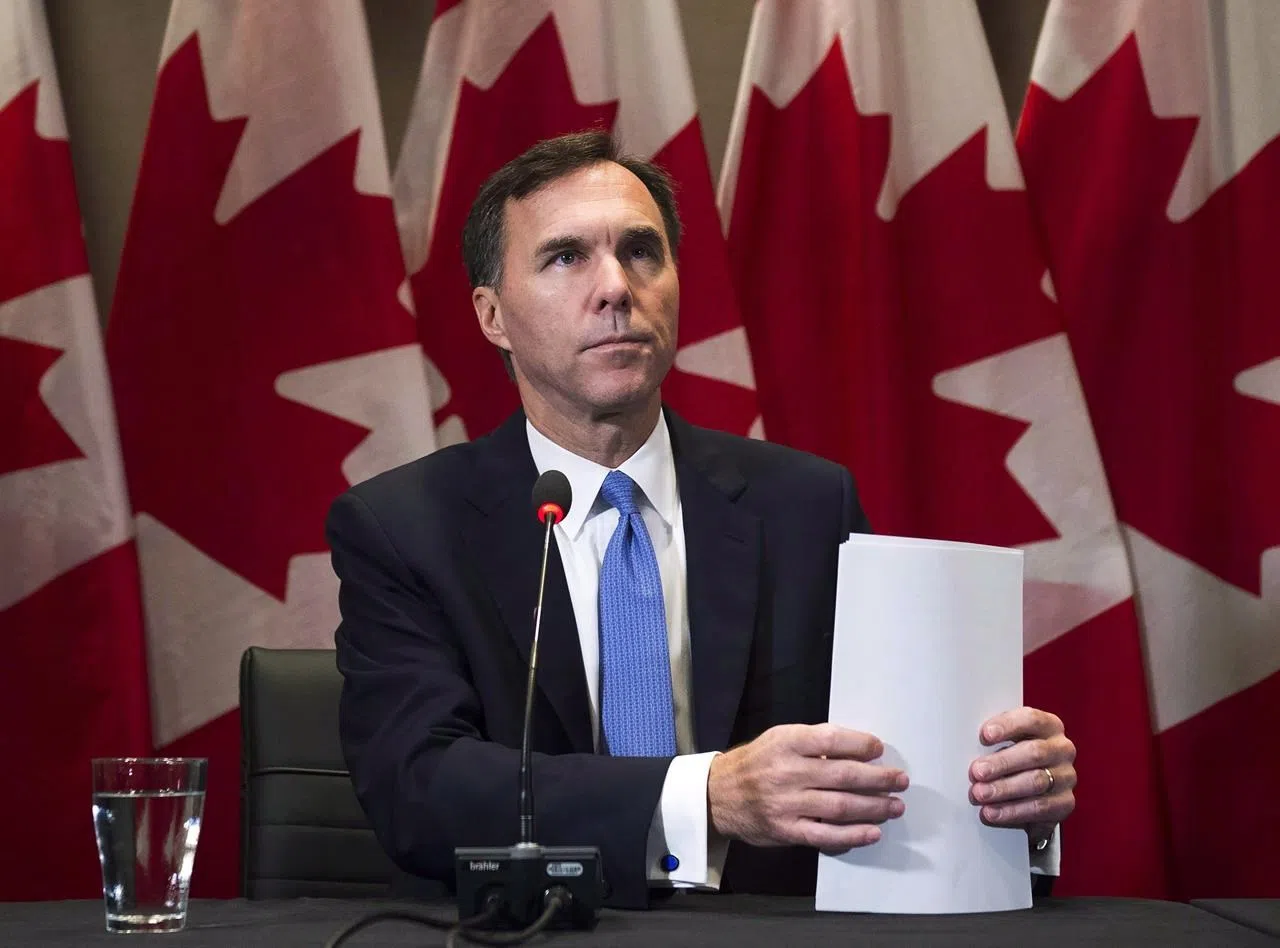
Liberals explore creation of new housing benefit for low-income renters
OTTAWA — The federal government is looking at creating a new benefit to help low-income Canadians who struggle to pay the rent each month, but is being warned that the measure isn’t a solution to the country’s housing crunch.
Multiple sources with knowledge of talks say the government has quietly been exploring how to establish a new housing supplement program that would link benefits to individuals, rather than housing units — a departure from how such supplements have typically worked.
Generally, housing benefits are provided to renters who need help paying the bills, but are usually tied to an apartment through rent-geared-to-income plans or rent supplements.
Should a renter move to a new unit, the benefit or supplement doesn’t follow.


